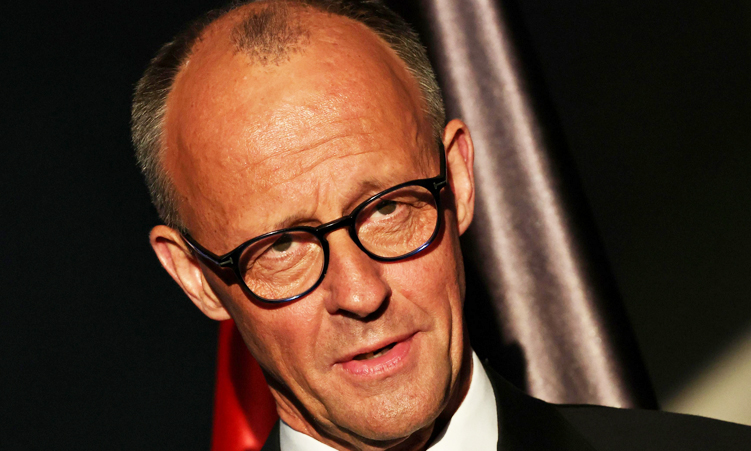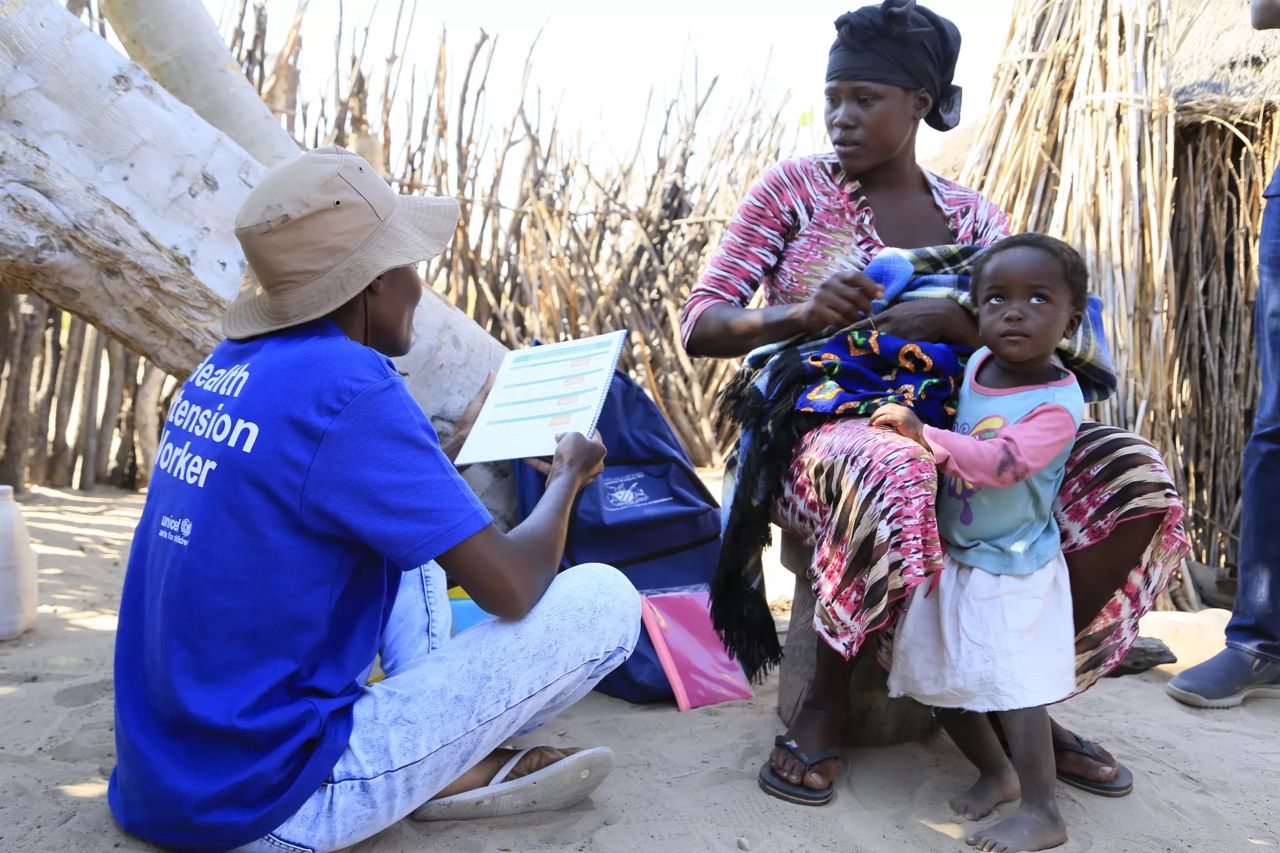BEIJING – China is pushing aggressively for the wider use of its currency abroad, but it will likely take decades before it assumes a truly global role and challenges the US dollar, analysts say.
The drive has seen a series of currency swap agreements in the past few months, while public criticism of the dollar-based global system by the central bank governor has given China’s recent actions a more ambitious-looking edge.
‘It’s evident that the weight of the yuan on the international market is growing,’ said Zhang Taowei, a finance professor at Beijing’s Tsinghua University.
The yuan so far plays only a minor role globally, partly because it is not convertible on the capital account, which makes it harder to remit money in and out of China.
However, Chinese thinking on the issue looks to be gradually changing, not least because of a weakened faith in the greenback brought on by the global economic crisis.
Premier Wen Jiabao last month warned he was concerned about China’s huge investment in dollar-denominated assets.
As a first step for the yuan, China since December has signed six currency swap contracts totalling 650 billion yuan (US$96 billion), with Hong Kong, South Korea, Malaysia, Belarus, Indonesia and Argentina.
The agreements make it possible for overseas importers of Chinese goods to borrow yuan from their central banks, reducing their exposure to volatility in the US dollar.
But apart from the concrete purposes they serve, the agreements fit into a broader pattern of experimenting with new uses of the currency, including trial schemes for yuan trade settlement between Hong Kong and south China.
‘The facts on the ground suggest the central bank would like to see the yuan more popularly used as an offshore trade settlement currency,’ said Ben Simpfendorfer, Hong Kong-based China economist for Royal Bank of Scotland.
‘That won’t happen overnight. It will take years, but nonetheless, it may happen faster than people expect.’
China is not alone in promoting the yuan, and has seen a measure of support from other major emerging economies.
Brazilian President Luiz Inacio Lula da Silva said this month he had proposed to his Chinese counterpart, Hu Jintao, conducting bilateral trade through each country’s local currency.
It could be the beginning of growing South-South collaboration to chip away at a dollar supremacy that seldom arouses enthusiasm in the less-developed parts of the world.
‘If the US dollar framework remained unchanged, the emerging markets would have no channel to have a bigger say,’ said Lu Zhengwei, a Shanghai-based economist with Industrial Bank.
Alongside the swaps and other small-scale practical steps, China has also launched a more direct rhetorical challenge to the US dollar.
Central bank governor Zhou Xiaochuan last month published an essay on his bank’s website calling for a replacement of the US dollar as the global reserve currency.
‘Theoretically, it’s a good idea. But in reality, it would be very difficult to implement,’ said Lu of Industrial Bank.
‘It could be a direction for open discussion. But in the foreseeable future, that’s not going to happen.’
Any major global role for the yuan might be as long as 10 years to 30 years away, China’s state-run Xinhua news agency reported.
The agency quoted Chen Yulu, a finance professor and vice president at the People’s University of China, as laying out a three-decade timetable for yuan greatness.
First China would need 10 years to expand the yuan’s use in neighbouring countries, then another decade to bolster its role in Asia and a final ten years to make it a reserve currency, the Beijing-based professor told Xinhua.
‘Currencies don’t become popular until they are widely adopted and transaction costs are low and there is some sense that you can use this currency to buy things in any country,’ said Simpfendorfer.
‘It is (a question of reaching a critical mass), and in that respect China has an advantage in being a very large trading country. But we need to see a stronger domestic demand, more Chinese buying goods from abroad.’
-Nampa-AFP
Stay informed with The Namibian – your source for credible journalism. Get in-depth reporting and opinions for
only N$85 a month. Invest in journalism, invest in democracy –
Subscribe Now!










